Queensland DNA lab’s new chief faces tough questions
The new chief of Queensland’s strife-torn DNA lab failed in an expert report to detail a catastrophic flaw in an extraction method blamed for the failure to identify the killer of Shandee Blackburn.
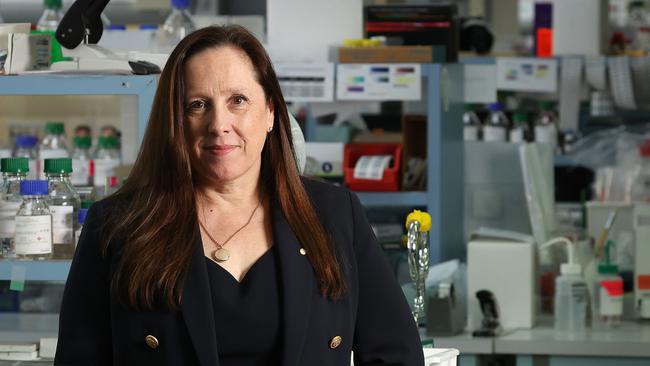
The new chief of Queensland’s strife-torn DNA lab failed in an expert report to detail a catastrophic flaw in an extraction method that has since been blamed for the failure to identify the killer of Shandee Blackburn in 2013.
Linzi Wilson-Wilde reviewed the automated extraction method for retired judge Walter Sofronoff’s inquiry into the lab last year, but in her subsequent report she did not mention information that she had come across showing it was having serious problems recovering DNA.
In new issues that weren’t canvassed by the inquiry, problems with the method have raised doubts on thousands of test results in criminal cases over nine years, including Blackburn’s.
Professor Wilson-Wilde has launched a staunch defence of her report for the inquiry, saying she was engaged to examine a separate issue of the method being responsible for contaminating crime scene samples soon after its introduction in 2007.
“I provided expert opinion evidence to the Forensic DNA Commission of Inquiry in the utmost of good faith, truthfully, and in accordance with the instructions provided to me by the commissioner,” Professor Wilson-Wilde said on Friday.
“I provided my opinion based on my 25 years’ experience in forensic science. My instructions from the commissioner directed me to concerns about the cause of, and response to, contamination issues following a DNA extraction method used at the laboratory in around 2008.”
A scientific report reviewed by Professor Wilson-Wilde during her work for the inquiry showed that in testing of the automated extraction method, it was recovering 92 per cent less DNA than a manual method.
The abstract or executive summary of the “Project 13” report that Professor Wilson-Wilde reviewed falsely stated that results from the automated method were “comparable” with the manual method and recommended its use.
Professor Wilson-Wilde’s inquiry report did not mention these issues and they were not covered in the Sofronoff inquiry.
Forensic biologist Kirsty Wright discovered the Project 13 report and its misleading summary after the end of the inquiry and has expressed alarm at the Wilson-Wilde expert report.
Investigative podcast Shandee’s Story examined the unsolved murder of Blackburn and exposed lab failures that led to the inquiry.
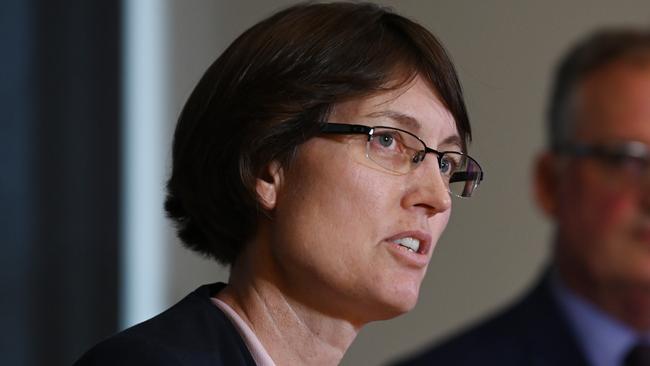
“I don’t want to be in this position,” Dr Wright said. “After everything with the podcast and the inquiry and the appointment of Linzi, which I was wholeheartedly supportive of, I thought that’s it, we can just relax now, it’s all fixed.
“Now I’m having real concerns about some of the conclusions that Linzi is drawing and maybe some of her actions.
“As an independent scientist, I feel responsible. I feel responsible for standing up for the victims of crime and the Queensland community, and if I’m seeing something that just does not make sense, that, worse, could risk the chance of victims finding justice, I need to stand up.”
A Queensland Health spokeswoman said the department “stands by Professor Wilson-Wilde, a world-renowned scientist, for her expertise and integrity, and thanks her for her courage and commitment in taking on the role of transforming the lab”.
Professor Wilson-Wilde said the inquiry provided her instructions on October 12 last year and she provided her report eight days later. She has acknowledged in interviews with this newspaper that the automated method had a significant potential to impact “the ability to identify and retrieve DNA from crime scene samples”.
She believed problems with recovering DNA persisted in the lab. “My evidence to the commission of inquiry identified that Project 13 was flawed and not consistent with expected good practice,” she said.
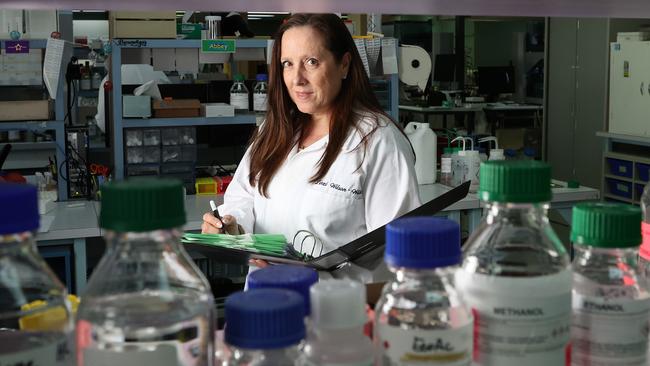
“I am dedicated and determined to ensure that the recommendations of the commission of inquiry are fully implemented.
“With the guidance of the interim advisory board co-chaired by Walter Sofronoff KC and Julie Dick SC, my aim is to create a world-leading forensic testing service that will deliver for our criminal justice system and make Queensland proud.
“I refute in the strongest possible terms that my evidence in relation to this matter was misleading to the … inquiry.”
Professor Wilson-Wilde said that since The Weekend Australian raised the issues around Project 13, she had gleaned more information from one of her staff, a scientist, who was involved in and aware of Project 13 because of his direct connection to it at the time. This scientist did not write the deeply misleading abstract that falsely purported that Project 13’s results were fine, when in fact they represented a catastrophic yield failure, she said.
The scientist at the time raised concerns the method was failing but “Project 13 was implemented regardless” of staff concerns.
“My understanding is the focus was on implementing the method and addressing the issues that were raised afterwards,” she said.

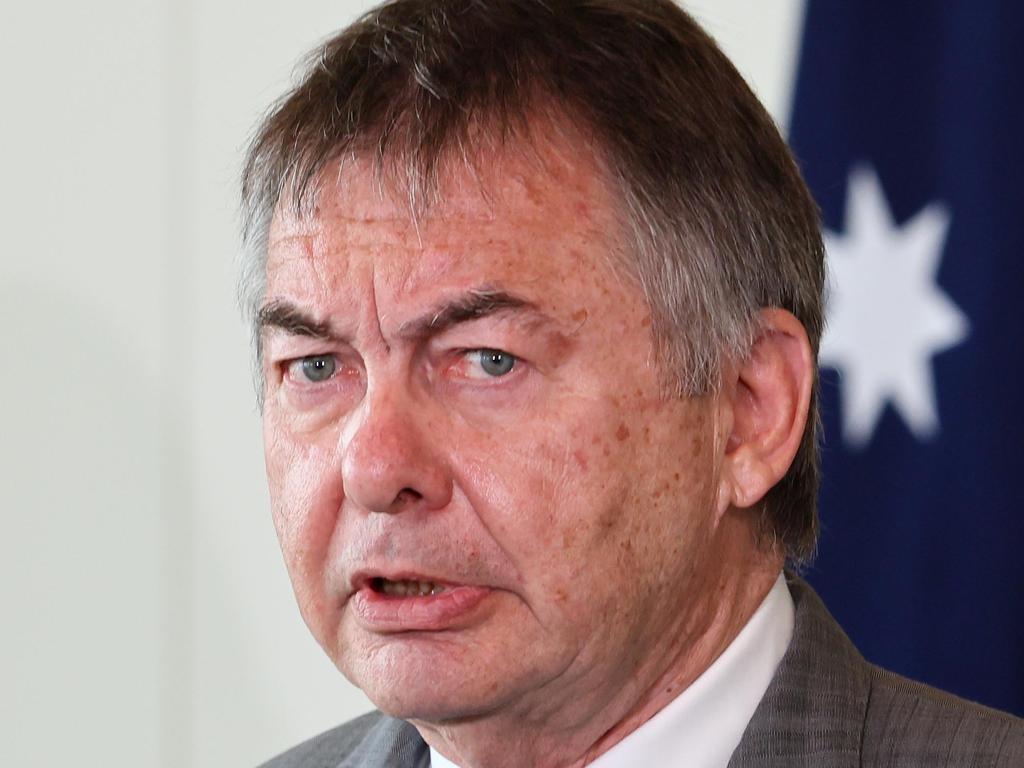
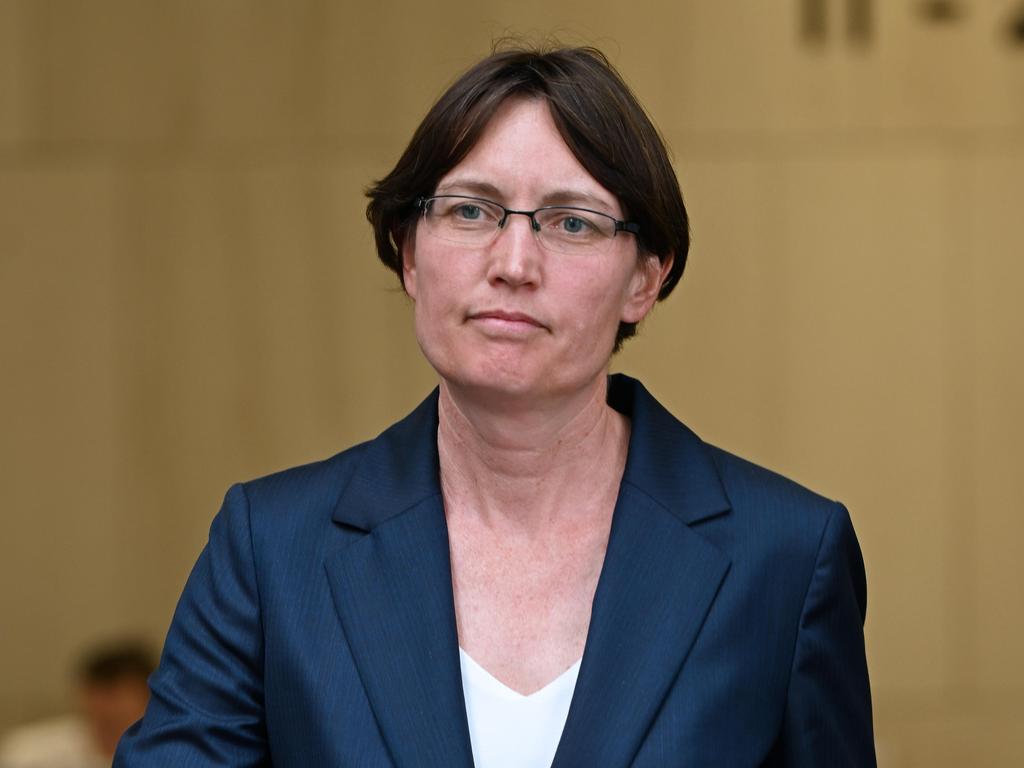
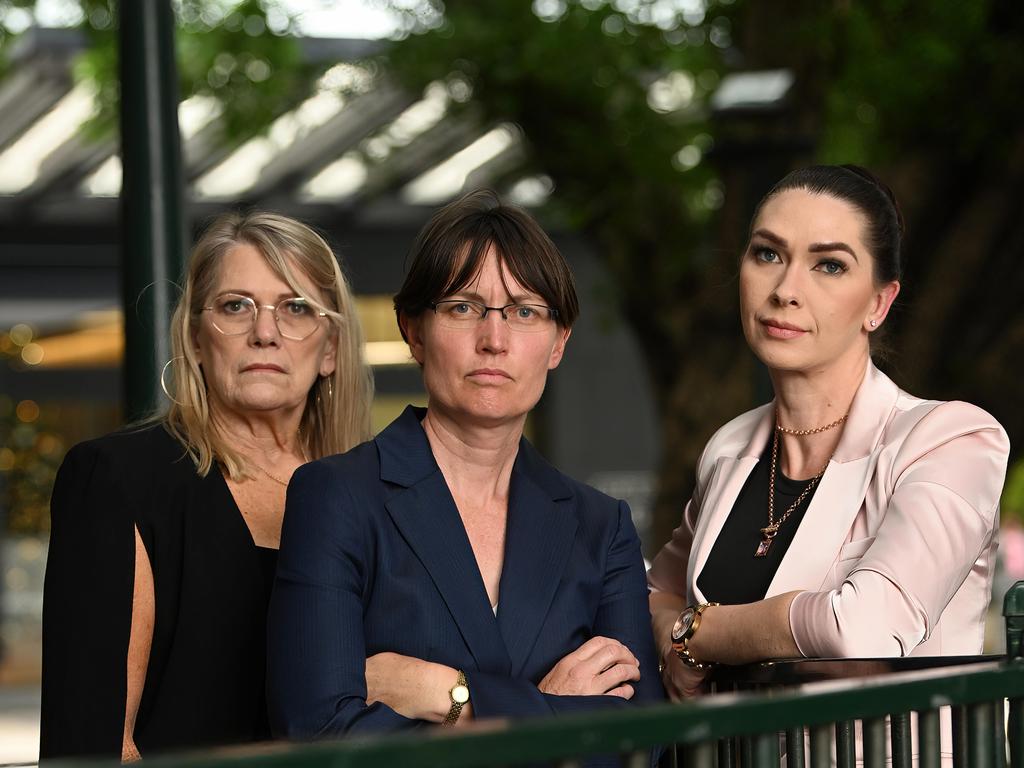



To join the conversation, please log in. Don't have an account? Register
Join the conversation, you are commenting as Logout